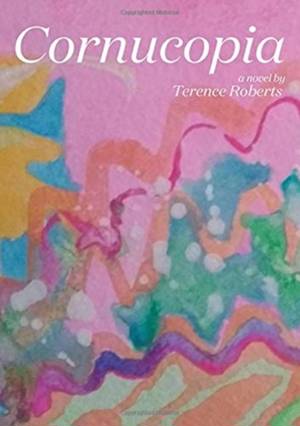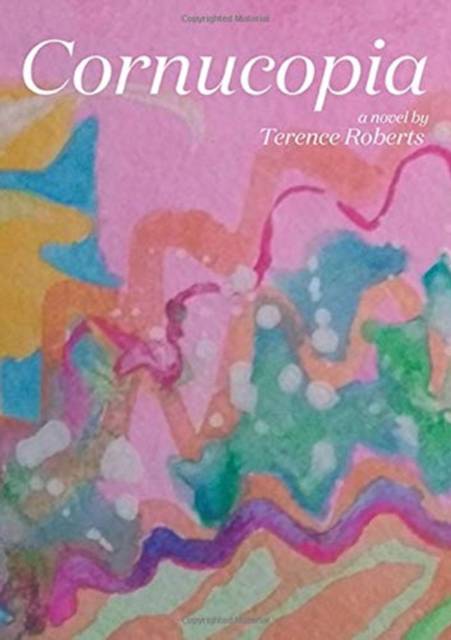
- Afhalen na 1 uur in een winkel met voorraad
- Gratis thuislevering in België vanaf € 30
- Ruim aanbod met 7 miljoen producten
- Afhalen na 1 uur in een winkel met voorraad
- Gratis thuislevering in België vanaf € 30
- Ruim aanbod met 7 miljoen producten
Omschrijving
Cornucopia offers an exciting literary adventure that will captivate readers with its vivid poetic use of language. The novel poses an unusual example because of its flowing cinematic narrative style, which depicts seeing, experiencing, and feeling. Rather than simply "telling," it "shows." Instead of one story and one plot, there are numerous small stories that twist and turn in unforgettable ways.
Written in the first person through the eyes of a mixed-race boy growing from childhood to adolescence in the British colony of Guiana, the book shows how a writer emerges, molded by observation, contemplation, and intellectual curiosity, via his obsessive reading, cinematic appreciation, musical attention, interest in history, and use of memory.
What distinguishes this novel of surprises from familiar literature of the Americas is its deep understanding and precise characterizations of the actions that resulted in the European colonization of Guyana. It deftly avoids any specific slant to historical facts or interpretation, which can become clichés and stereotypes about the colonial ventures and lifestyles of colonizer and colonized.
With sharply detailed honesty and wit, author Terence Roberts uses his own diverse and adventurous family history to explore the obscure roots and identity of his and other people of mixed race, an urgent topic today.
The richly woven cosmopolitan history of Guyana, from its Dutch and French colonial beginning before it became British Guiana to its 1966 independence, is evoked via the narrator's upbringing and adult education in the capital of Georgetown. This highly cultured 20th-century hot spot of literary and public cinematic culture has references extending the content of Cornucopia to explorations of pleasure.
Cornucopia marks a surprising step forward in modern literary tradition, steeped in the legacy of Marcel Proust, Claude Simon, and Marguerite Duras. It is to such forebears that the writer's literary influences belong, resulting in his progressive first novel.
About the Author: Born in British Guiana in the mid-20th century, Terence Roberts comes from a Guyanese family of ancient adventurers comprised of five different cultures and nationalities.
He first emerged at the end of the 1960s as a teenage poet and prose writer, winning the Guyana Arts Council 1st Prize for fiction in 1968. Brought by his parents to live in Toronto in 1969, he remained in touch with Guyana, becoming the commuting lead columnist on cinema for the weekend national newspaper, the Guyana Chronicle.
In the 1970s, he emerged as a contemporary painter, winning Canada Council Grants and receiving diplomatic sponsorship for his foreign exhibitions. The author, poet, and painter has lived in Montreal, New York, Caracas, Mexico City, Madrid, Rome, Turin, Milan, Monaco, and Nice.
Specificaties
Betrokkenen
- Auteur(s):
- Uitgeverij:
Inhoud
- Aantal bladzijden:
- 250
- Taal:
- Engels
Eigenschappen
- Productcode (EAN):
- 9781682352915
- Verschijningsdatum:
- 12/02/2021
- Uitvoering:
- Hardcover
- Formaat:
- Genaaid
- Afmetingen:
- 152 mm x 229 mm
- Gewicht:
- 521 g

Alleen bij Standaard Boekhandel
Beoordelingen
We publiceren alleen reviews die voldoen aan de voorwaarden voor reviews. Bekijk onze voorwaarden voor reviews.








